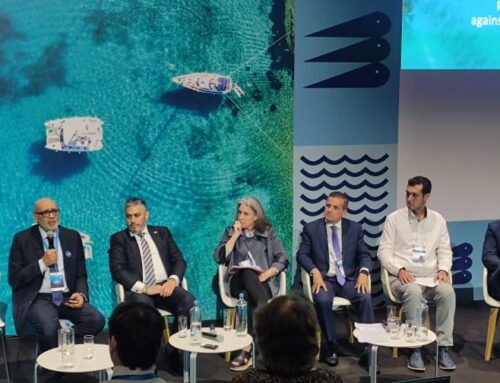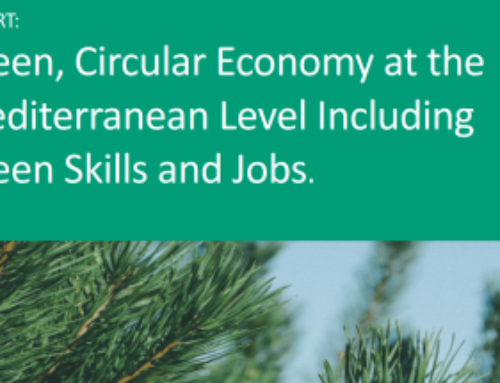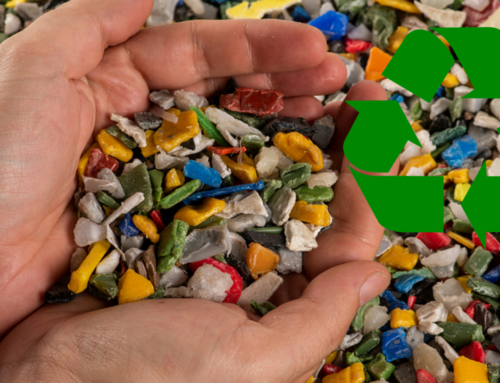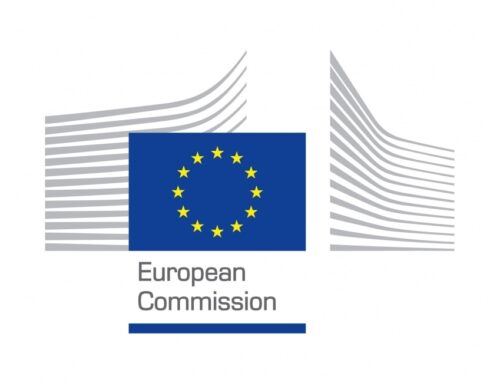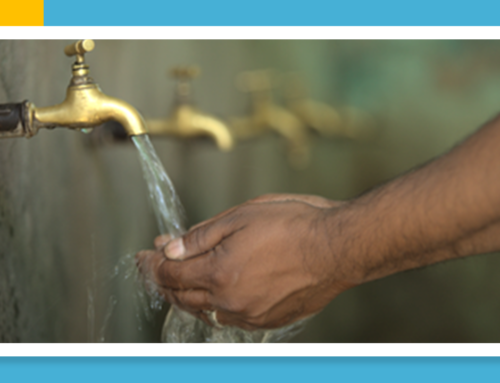The interesting and ambitious Workplan of the EU funded Water and Environment Support (WES) project, for the year 2023, was unanimously endorsed on January 24, 2023, during the online 4th WES Steering Committee Meeting (SCM), where also the project’s achievements and challenges were thoroughly discussed.
This SCM brought together the WES Water and Environment Focal Points (FP) from the Partner Countries (PCs) (Algeria, Egypt, Israel, Jordan, Lebanon, Morocco, Palestine and Tunisia), the European Commission and EU Delegations in the PCs, the institutional partners – the Union for the Mediterranean (UfM) and the United Nations Environment Programme (UNEP)/Mediterranean Action Plan (MAP) – as well as the WES Consortium Members and representatives of the WES Demonstration projects.
Mr. Patrick Wegerdt (EU DG ENVIRONMENT) in his opening remarks underlined the significance of the WES project in relation to the support of environmental priorities and initiatives in the region and policies elaborated during the UN Climate Change COP 27, the UN Biodiversity COP 15, the forthcoming UN Water Conference (March 2023) and a series of Mediterranean and EU meetings and programmes.
Ms. Alessandra Sensi and Ms. Doha Zamel from the UfM, acknowledged the importance of WES and praised its productive collaboration with the UfM, on issues such as circular economy, plastic pollution, marine litter and various aspects of water policies.
Ms. Tatjana Hema, Coordinator of UNEP/MAP, underlined the fundamental role of WES in addressing key environmental issues of the region, in close cooperation with UNEP/MAP, including through MEDWAVES/UNEP RAC of SCP, which is a WES Consortium member. She also referred to the successful joint missions on marine litter monitoring in the PCs, which will continue. She proposed the extension of the WES project for several more years as a necessary component for the collective efforts in protecting the environment of the Mediterranean.
Mr. Stavros Damianidis, WES Project Director, reconfirmed the commitment of the WES team to keep working hard in order to implement the ambitious WES workplan of 2023.
Professor Michael Scoullos, WES Team Leader, presented the positive results of the WES regional and national activities during 2022 (trainings, consultations, meetings, etc., organised online and with physical presence in the PCs), despite the serious challenges emerging from the known to everybody global and regional crises. The TL and the WES Team also presented the important outcomes of the monitoring of the WES impact and the various WES communication activities including two attractive videos. Finally, the 2023 workplan was presented which includes a large number of significant new initiatives, among which the ones specially designed to stimulate wide public participation in addressing the “hot” for the Mediterranean issue of marine litter and plastic pollution, including the Single Use Plastics (SUPs).
All the WES FPs, as well as the EU Delegations in the WES PCs, took the floor and briefly described the activities undertaken in their counties. They praised the work of WES as fundamental in supporting their initiatives at policy and operational level and many of them requested the extension of the WES programme for many years to come.
The WES workplan for 2023 was unanimously adopted by the Steering Committee Meeting.
In the final session of the SCM, the WES Demo Projects on water were briefly presented by their managers, indicating their achievements so far as well as the expected results in the remaining period.
Mr. Frédéric Fourtune, Programme Manager, EU DG NEAR, who co-chaired with the TL the SCM, in wrapping up the works of the meeting, expressed his full satisfaction for the work carried out by the WES Team, he wished everybody the successful continuation of the WES programme and he confirmed the commitment of the EC to secure the best follow up of the WES activities.
The EU funded Water and Environment Support (WES) in the ENI Southern Neighbourhood region project aims at protecting the environment and improving the management of scarce water resources in the Mediterranean. It tackles problems related to pollution prevention and water use efficiency. The project’s activities began in May 2019 and will end in November 2024, with a total budget of 9.508.054 euros.


